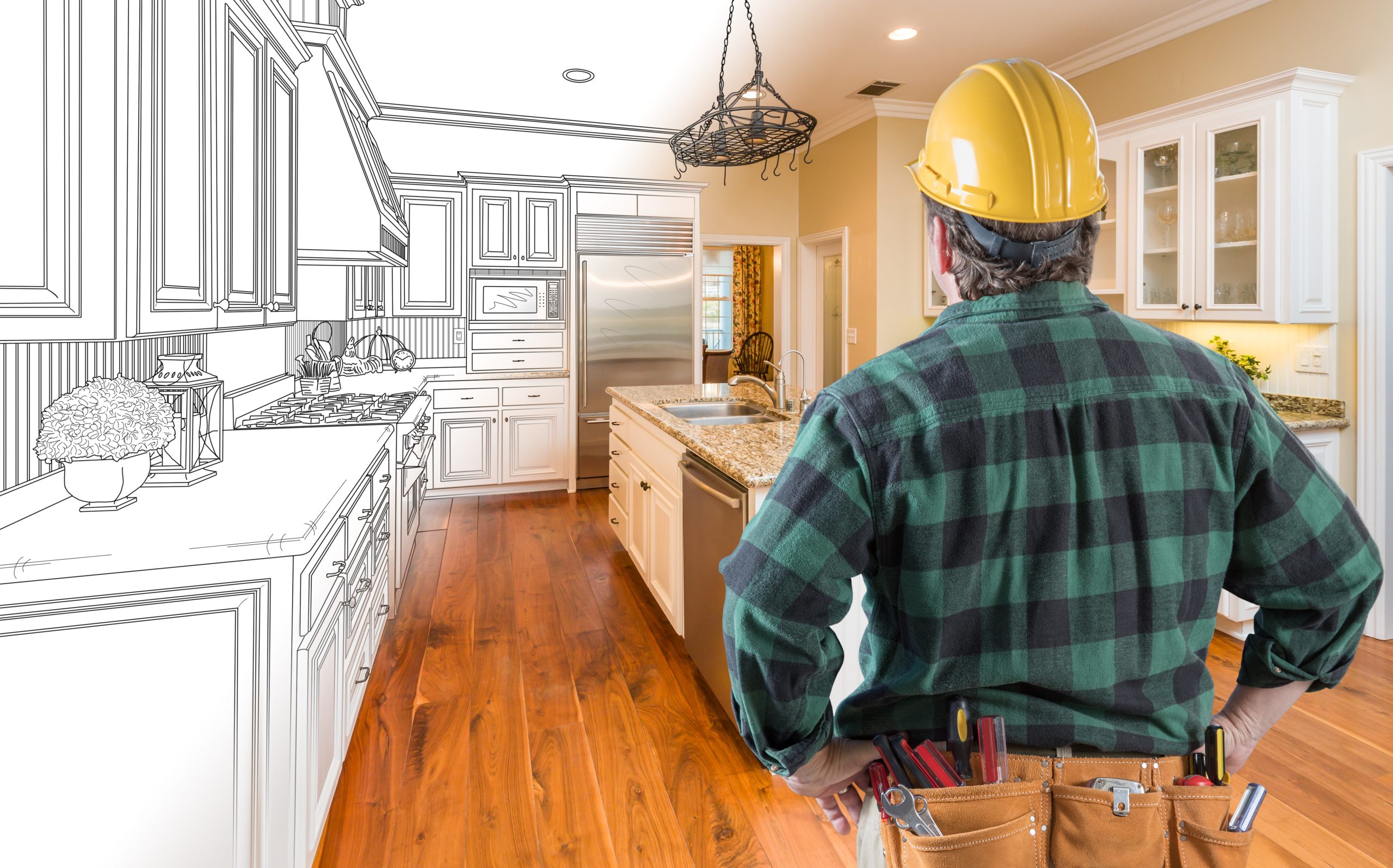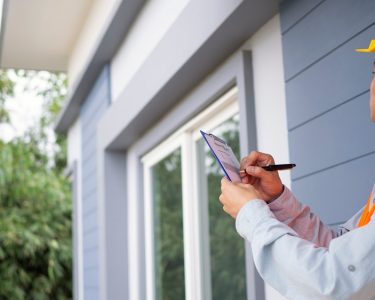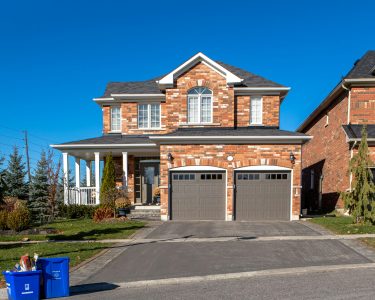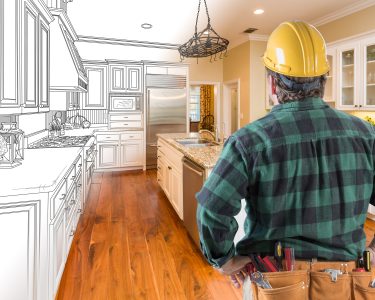It’s exciting to expand your living space, whether you’re adding a new bedroom, extending your kitchen, or building an in-law suite. Before starting, it’s important to understand the costs involved in hiring home addition contractors. Let’s discuss the average costs, key factors that influence those costs, hidden expenses, and tips for effective budget management when hiring home addition contractors.
What’s the Average Cost of a Home Addition?
The cost of a home addition varies depending on the project’s size, complexity, and location. On average, U.S. homeowners spend around $51,043. Most projects range from $21,940 to $83,320, though some can be as low as $4,000 or as high as $160,000. Materials, labor, permits, and the type of addition are some of the most influential factors in these ranges.
Understanding these average costs helps keep your expectations realistic. Now, let’s explore what influences where your project might fall within this range.
Key Factors That Influence Home Addition Costs
Several factors determine the final price of a home addition. Recognizing these elements helps you plan and avoid budget surprises.
- Size of the Addition
Home additions generally cost between $80 and $210 per square foot. For example:- 100 sq. ft.: $8,000–$21,000
- 200 sq. ft.: $16,000–$42,000
- 300 sq. ft.: $24,000–$63,000
Larger spaces naturally cost more, but they may offer better value per square because they share structural elements.
- Type of Room
Costs vary depending on the room’s purpose and required features:- Bedroom: $8,600–$21,600 — simpler additions with minimal plumbing.
- Bathroom: $6,200–$15,500 — higher due to plumbing and waterproofing needs.
- Kitchen: $22,500–$67,500 — includes appliances, custom cabinetry, and electrical work.
- Living Room: $17,300–$43,200 — often includes open layouts and large windows.
- Sunroom: $20,800–$72,600 — varies based on glass installation and HVAC extensions.
- Labor Costs
Labor accounts for 30% to 50% of the total cost. Home addition contractors typically charge 10% to 20% for project management. Subcontractor rates include:- Electricians: $40–$100/hour
- Plumbers: $50–$200/hour
- Carpenters: $75–$100/hour
- HVAC Technicians: $50–$100/hour
- Materials and Finishes
Your choice of materials has a huge impact on costs:- Foundation: $5–$37/sq. ft.
- Windows: $250–$1,000 each
- Flooring: $2–$22/sq. ft.
- Roofing: $120–$400 per roofing square
- Permits and Inspections
Most home additions require permits, averaging around $1,300, with costs ranging from $150 to $7,500 depending on location. Inspections are necessary for safety and code compliance, adding to overall expenses.
Common Types of Home Additions and Their Costs
Now that you understand the cost factors, here’s a closer look at typical home additions and their price ranges.
- Bump-Outs
These small expansions extend an existing room, like a kitchen or bathroom. They’re budget-friendly, ranging from $4,000 to $30,000, since they tend not to require major structural changes. - Garage Conversions
Transforming a garage into livable space costs between $10,000 and $50,000. This option uses an existing structure, reducing foundation and framing costs. - Second-Story Additions
Adding a second floor is complex, costing $100,000 to $250,000, with some projects reaching $600,000. Costs rise due to structural reinforcements, stair installations, and HVAC upgrades. - In-Law Suites
A basic suite costs around $8,600 to $21,600, while detached units with full kitchens and bathrooms can exceed $100,000. They’re ideal for guest accommodation or housing multiple generations of your family.
By understanding these options, you can better estimate potential costs based on your specific needs.
Hidden Costs to Watch For
Even with careful planning, unexpected expenses can arise. Here are some hidden costs to keep in mind:
- Site Preparation
Preparing the site—clearing land, grading, or excavation—can cost between $1,500 and $5,000, with complex projects reaching up to $10,000. - Utility Adjustments
Expanding your home often requires updating plumbing, electrical systems, or HVAC setups, adding $600 to $1,600 to your budget. - Structural Issues
Older homes may have hidden problems like outdated wiring, mold, or foundation damage. Discovering these in the middle of a project can significantly increase costs. - Design and Architectural Fees
While not always required, hiring an architect can cost 5% to 20% of the total project. They help with structural integrity and aesthetic cohesion.
Budget-Friendly Tips for Hiring Home Addition Contractors
Managing your budget effectively helps avoid surprises and keeps your project on track. Here are some practical tips:
- Get Multiple Estimates: Compare bids from at least three home addition contractors to make sure you’re getting the best price.
- Plan for Contingencies: Set aside an extra 10%–20% for unexpected costs.
- Prioritize Essentials: Focus on necessary features first, saving luxury upgrades for later if the budget allows.
- DIY Where Possible: Simple tasks like painting or landscaping can reduce labor costs without compromising quality.
- Review Contracts Carefully: Make sure your contract includes all project details—materials, labor costs, timelines, and payment schedules—to prevent surprises.
Should You Hire a Home Addition Contractor?
Home additions involve complex tasks like structural work, electrical wiring, and plumbing. Hire professional general contractors to perform:
- Project Management: Contractors coordinate subcontractors, manage timelines, and handle unexpected issues.
- Code Compliance: They secure permits and make sure all work meets local building codes.
- Expertise: Experienced contractors can identify potential problems early, saving time and money.
While DIY projects may seem cost-effective, mistakes can lead to expensive repairs. Working with licensed home addition contractors brings peace of mind and quality results.
Home Addition Contractors FAQs
How do I choose the right home addition contractor?
Look for contractors with proper licensing, insurance, and strong references. Get multiple quotes, review past projects, and ask about their experience with similar additions.
What should I include in my home addition budget?
Include construction costs, materials, permits, design fees, and a contingency fund for unexpected expenses. Don’t forget utilities like plumbing, electrical, and HVAC work.
Are permits required for all home additions?
Most home additions require permits, especially if they involve structural changes, electrical work, or plumbing. Your contractor can often handle the permit process.
Wrapping Up Your Home Addition Project
The cost of hiring home addition contractors varies based on project size, type, and complexity. Understanding key cost factors helps with budgeting, while hiring experienced contractors makes sure the work is done correctly. With careful planning and trusted professionals, you can create the additional space you need while staying within budget.
Ready to start your home addition project? Reach out to reputable home addition contractors for personalized quotes and expert advice tailored to your needs.
Resources:
https://www.angi.com/articles/how-much-do-home-additions-cost.htm
https://www.bankrate.com/loans/home-improvement/home-addition-cost/





